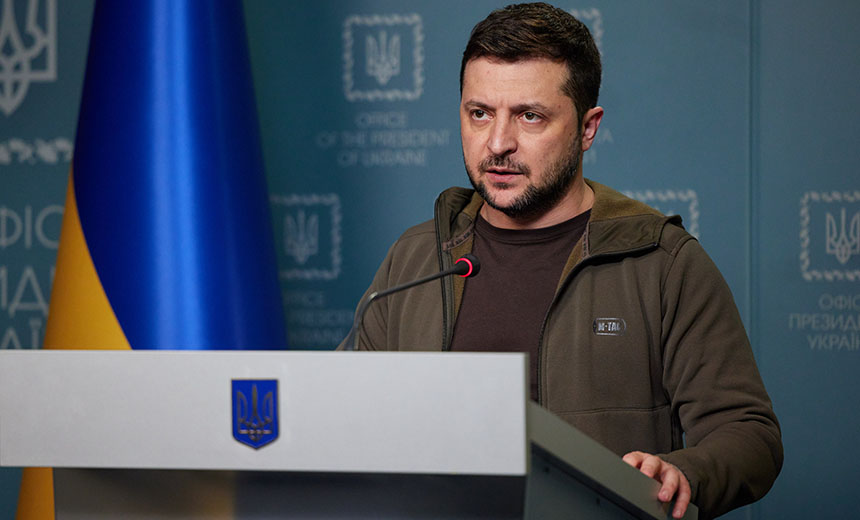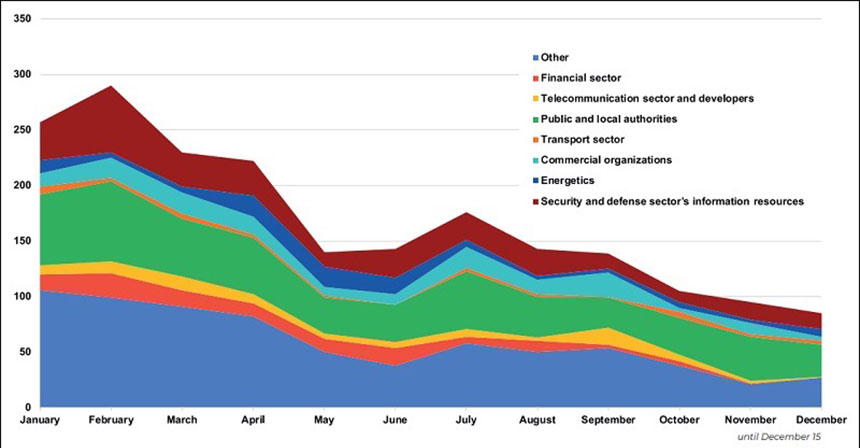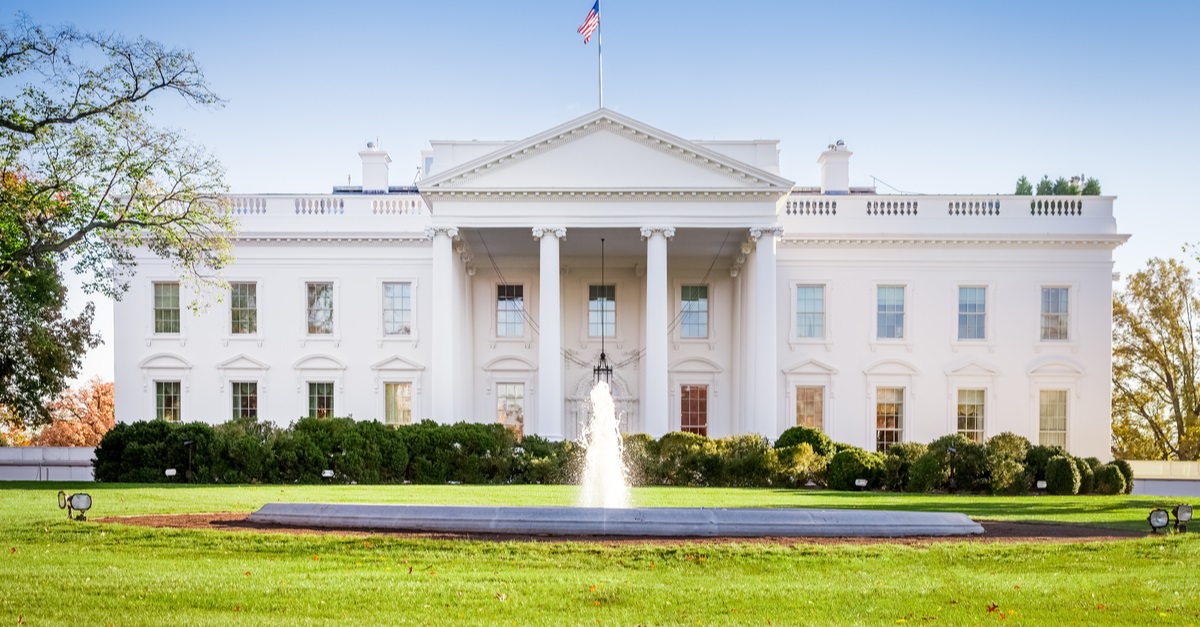Russian Hackers’ Focus is Civilian Infrastructure
Business Continuity Management / Disaster Recovery
,
Critical Infrastructure Security
,
Cybercrime
Cybersecurity Officials See Prioritization on Infrastructure Over Military Targets

State-backed Russian hacking groups are continuing to focus less on Ukrainian military targets and much more on civilian infrastructure, Ukrainian cybersecurity officials report.
See Also: JavaScript and Blockchain: Technologies You Can’t Ignore
Ukraine’s lead cybersecurity defense agency, the State Service of Special Communication and Information Protection, or SSSCIP, reports that the intensity of cyberattacks aimed at Ukrainian critical infrastructure has more or less remained constant since Russia launched its full-blown invasion on Feb. 24.
Cyber incidents and cyberattacks counted so far this year by the Ukrainian Computer Emergency Response Team – CERT-UA – totaled more than 2,100, it reports.
However, “it is not military but civil infrastructure that has been the primary target for Russian hackers throughout the year,” SSSCIP says.

Top Targets: Public and Energy Sectors
The Ukrainian public sector was most targeted, accounting for nearly one quarter of all cases investigated by CERT-UA, followed by the energy sector….


